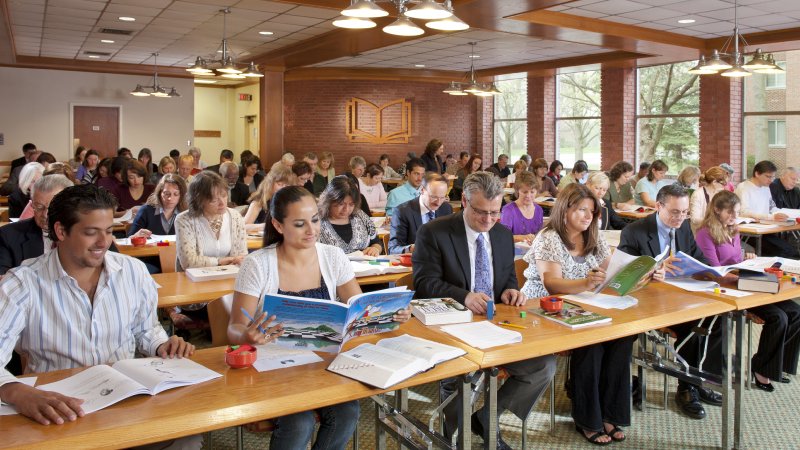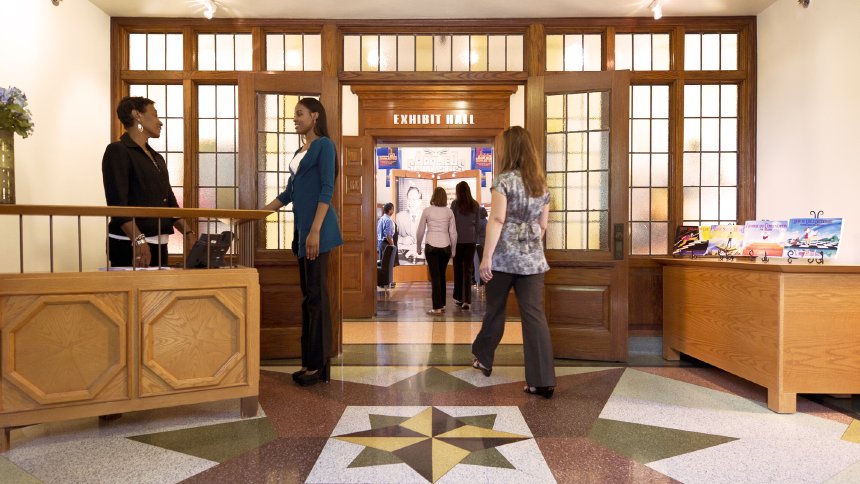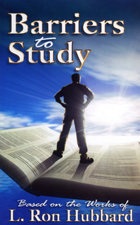ABOUT THE PROGRAM
APPLIED SCHOLASTICS
GLOBAL CENTER OF
STUDY TECHNOLOGY
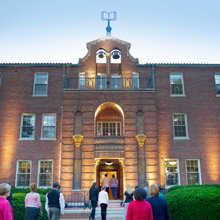
As early as the 1950s, L. Ron Hubbard recognized the failings of the educational system. In answer to this crisis, he began developing an actual “technology” of learning with which to master any subject. These educational breakthroughs are collectively known as Study Technology. They provide students at every age and educational level with the missing ingredient of much of modern education—the ability to learn how to learn.
Mr. Hubbard described the scope of meeting the educational challenge:
“The end and goal of any society as it addresses the problem of education is to raise the ability, the initiative and the cultural level, and with all of these the survival level of that society.”
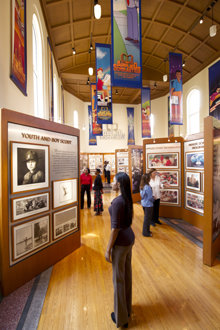
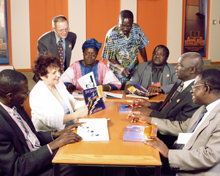
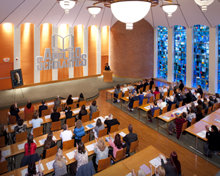
In the 1960s, Mr. Hubbard released a series of lectures on his research into the broad subject of how to study and learn. So universal was the application of his discoveries, the information was soon in use in Scientology organizations.
It was implemented by teachers in secular classrooms as well, with measurable improvement reported in students’ learning ability. In 1971, a classroom teacher formed the first educational organization specializing in the use of Study Technology.
Applied Scholastics was founded in Los Angeles the following year, dedicated to working with governments and schools worldwide in the broad implementation of this technology.
For more than three decades, the introduction of Study Technology into schools and universities was largely a grass-roots effort initiated by educators united under the Applied Scholastics banner. Today, Applied Scholastics is a worldwide network of schools, programs and tutoring groups.
In 2003, to meet the international demand for Study Technology, Applied Scholastics opened a residential campus at Spanish Lake near St. Louis, Missouri. This 100-acre training center just two miles from the confluence of the Mississippi and Missouri rivers, is the international headquarters of Applied Scholastics and the first college of Study Technology.
What is Study Technology? In his research of the subject, Mr. Hubbard discovered that the main impediment to a student’s ability to retain and effectively use data was the absence of a technology of how to study. This included his discovery of what are known as the three barriers to study. Study Technology, or Study Tech as it is commonly called, includes the precise methods to overcome these barriers. The primary barriers are:
■ Lack of Mass (Physical Object) of What is Being Studied
If one is attempting to understand the function and operation of a car or a computer or a solar system, the printed page and spoken word are no substitute for the object itself. Lacking the object associated with a word can inhibit all understanding. If the mass of a subject is absent, the student will feel squashed, bent, sort of spinny, sort of dead, or bored.
■ Too Steep a Study Gradient
When the student has not mastered prior skills before proceeding to more complicated or detailed steps, the student may feel a sort of confusion or a feeling of reeling (moving or swaying as if they might fall). This barrier to study is often referred to as “missed basic skills” or “insufficient basic skills.”
■ A Word Not Understood or Wrongly Understood
The third and most important barrier is the misunderstood word. A misunderstood word is a word which is not understood or a word which is wrongly understood. All becomes distinctly blank beyond a word not understood or wrongly understood. It can result in the student feeling blank or washed out, “not there,” and a sort of a nervous upset feeling can follow after that.
Teachers and administrators from public and private schools, tutors, corporate business trainers and educational consultants from around the world come to Applied Scholastics at Spanish Lake for training in Study Technology. Residential and daytime professional training are available, with many courses offered for postgraduate and continuing education credits.
Spanish Lake also offers a full schedule of courses and workshops on specific aspects of Study Technology as well as studies in techniques that enable students to become more accountable, self-directed and self-advocating.
Applied Scholastics has trained over 135,000 educators from 42 nations who, in turn, have brought Study Technology to millions of colleagues and students.
